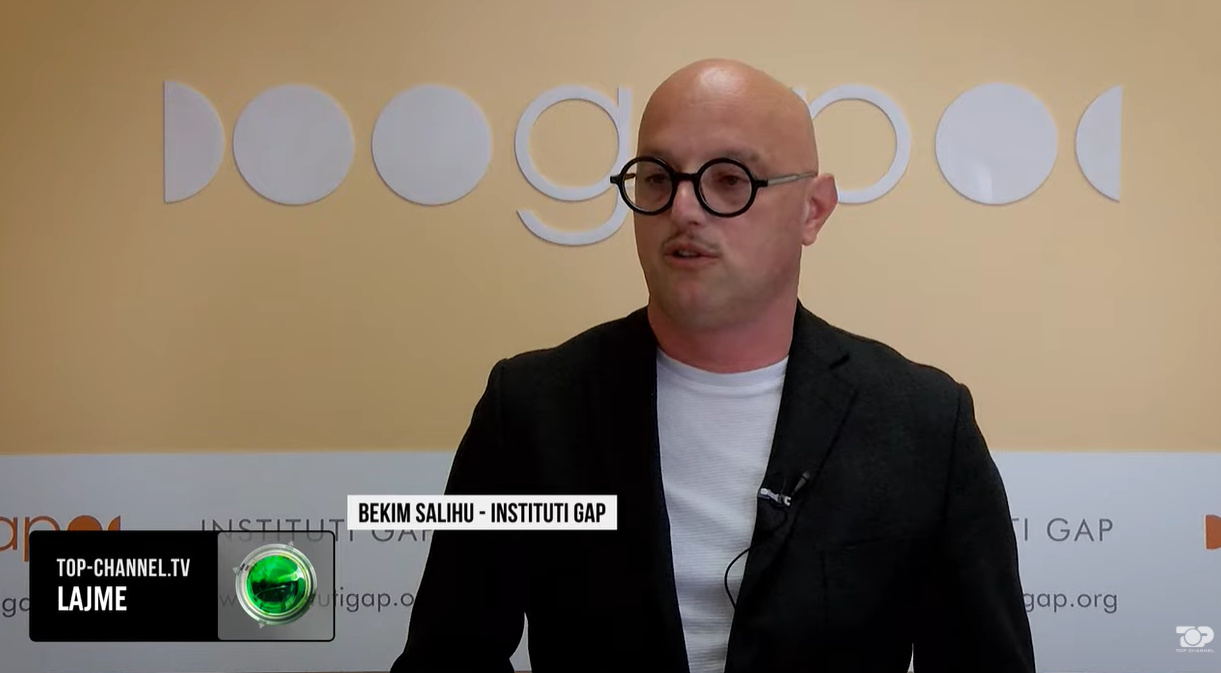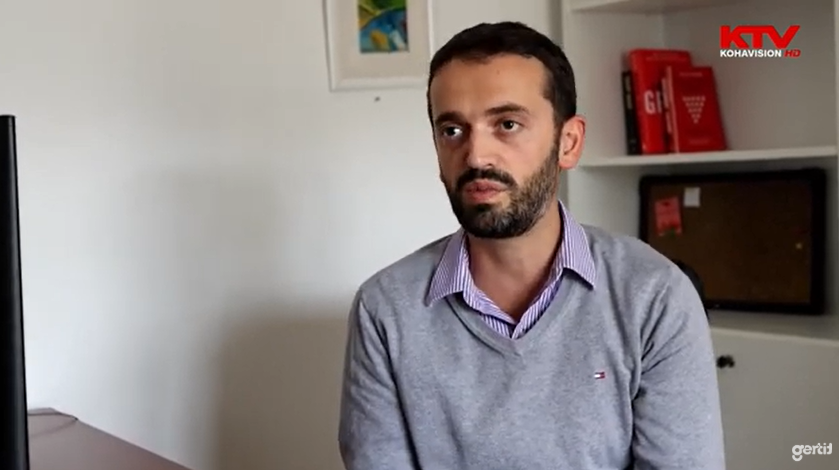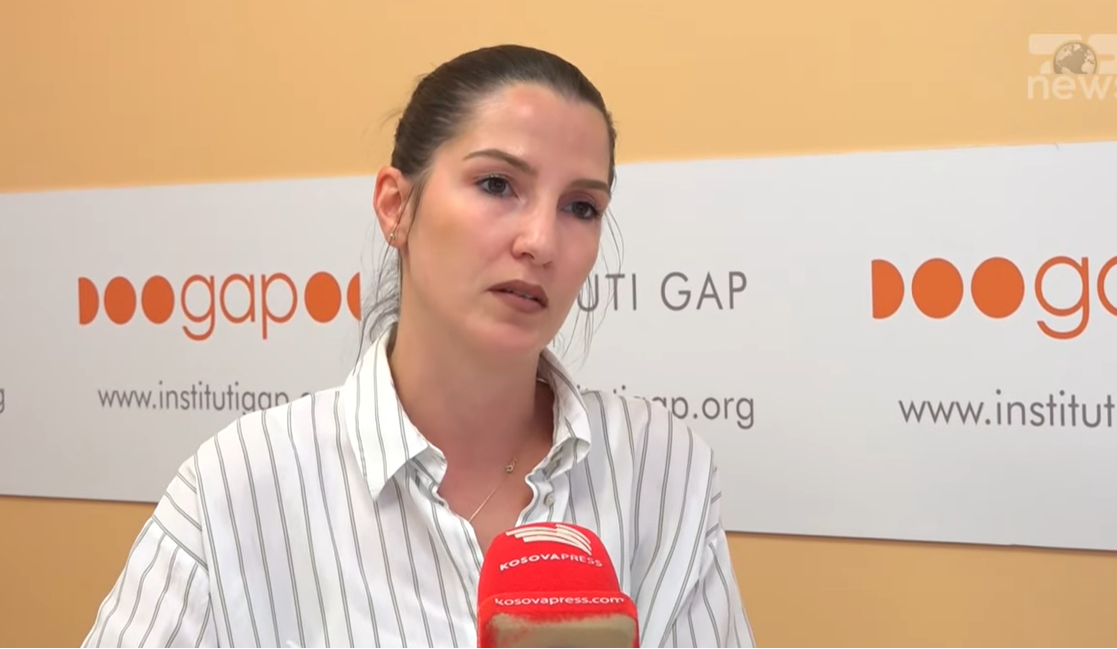GAP discusses about publicly owned enterprises in Kosovo
27/01/2015
Prishtina, January 27, 2015 – GAP institute organized a round table discussion on “Publicly Owned Enterprises in Kosovo-Business Environment and Management Effects on Their Performance”. This project was supported by British Embassy in Kosovo. Its aim is identify the main problems on the environment of doing business and corporate governance in order to improve the efficiency of publicly owned enterprises.
Two studies were presented by GAP Institute on this occasion, one entitled “Publicly Owned Enterprises – Legislation and Cooperation with State Institutions”, and the other on “Management of Publicly Owned Enterprises”. The data was collected from questionnaires and in-depth interviews with 22 officials from publicly owned enterprises as well as on different reports on publicly owned enterprises.
Berat Thaqi (GAP) presented the main findings of these studies. He emphasized that the main problems in the management of publicly owned enterprises remains the malfunctioning of the judiciary, the lack of inspections, political problems related to the north of Kosovo, ambiguities in legislation and lack of coordination between central and local institutions as well as the lack of coordination between publicly owned enterprises and central and local institutions. He suggested that the Law on Public Enterprises needs to be changed in order to ensure transparency in the selection of the board of directors as well as to clarify the competences and responsibilities of various actors involved in the management chain of public enterprises from Chief Executive to the Boards, the Ministry of Economic Development and to the Assembly.
Mr. Muhamet Mustafa (Chairman of the Parliamentary Committee for Economic Development, Infrastructure, Trade and Industry) stated that we should think of clarifying the responsibilities of boards in a way to make them report to the parliamentary committee that oversees the public enterprises.
Mr. Ian Cliff (United Kingdom Ambassador in Kosovo) spoke about the organization of public enterprises in the UK. He mentioned that the structure of boards of public enterprises in UK is different from the Kosovo model, as boards there consists entirely of relevant field experts. He emphasized that the boards of public enterprises must be competent ant totally loyal to the company and not to political parties.
Mr. Shpend Ahmeti (Mayor of Prishtina) explained the importance of local public enterprises on providing services. One of the problems that municipalities are facing is the small number of local public enterprises which results in the lack of services, said Ahmeti. He said that municipalities in Kosovo should have the right to create new enterprises in order to improve the services.
Mr. Blerand Stavileci (Minister of Economic Development) recommended that the Government should establish a strategic document that will set the criteria on how and when to form a public enterprise. Ha also stressed that the expertise of a board member should be a key element in evaluating candidates.
A great contribution to this discussion was given by many Chief Executives of publicly owned enterprises and local public enterprises. They raised different problems that they face within their enterprises, or in relation with state institutions, whether at local or central level, and with courts as well.
Read the full studies HERE.















